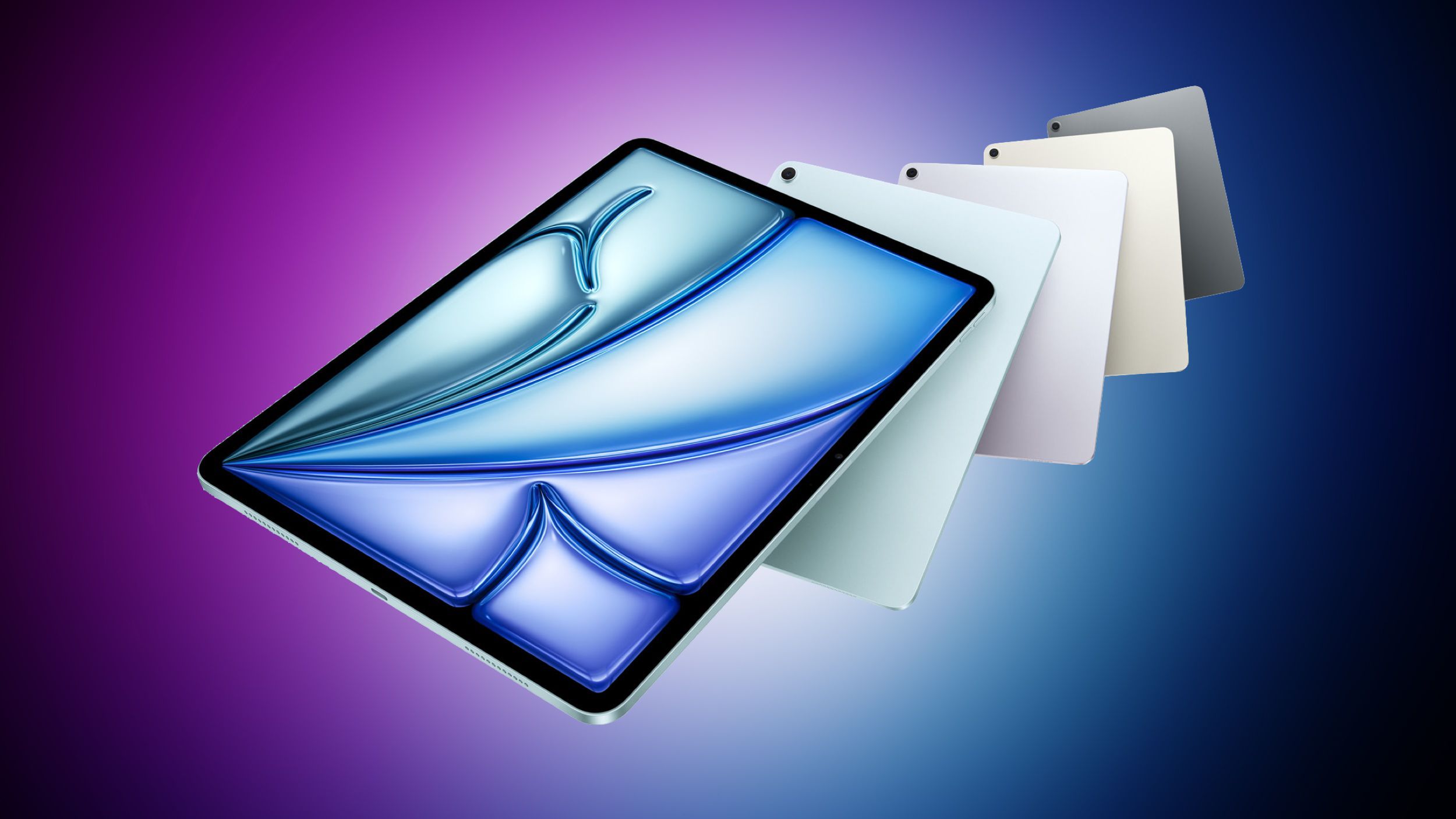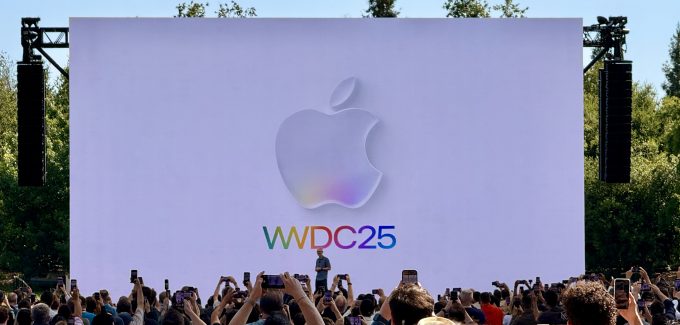
In the ever-evolving realm of gaming, there's an emerging trend that's not only altering the way we play but also reshaping the economic dynamics of the industry: microtransactions. The modern gaming landscape is increasingly dotted with titles offering tantalising in-game purchases. Whether it's a dazzling outfit for your character, a powerful weapon to vanquish foes, or a boost to accelerate your progress, the allure of in app purchases is undeniable.
Play for Free or Pay to Win?
One of the most prominent microtransaction models in recent years offers a tantalising proposition: play for free, but pay a little to enhance the experience. On the surface, this model appears benevolent, gifting players with a complete game without upfront costs.
In-game Currency:
- A virtual currency used within a specific game.
- Often earned by playing the game, completing tasks, or can be purchased with real-world money.
- Used to buy in-game products, accessories, power-ups, and other virtual goods.
- Examples include: V-Bucks in "Fortnite", Gold in "World of Warcraft", and Coins in "Super Mario".
In-game Products:
- Virtual items, tools, or enhancements available for players to purchase or acquire within a game.
- Can include things like outfits, weapons, tools, or special abilities.
- Often used to enhance gameplay, customise characters, or show off status.
- Examples include: Skins in "League of Legends", mounts in MMORPGs, or furniture in "The Sims".
Random Packs:
- Also known as "loot boxes" or "gacha".
- Players purchase or earn these packs which contain random in-game items.
- The rarity and value of items can vary greatly.
- Has become a controversial topic due to its resemblance to gambling, as players might spend significant amounts of money without guarantee of obtaining a specific item.
- Examples include: Card packs in "Hearthstone", loot boxes in "Overwatch", and gacha summons in mobile games.
Game Extensions:
- Additional content or features that expand upon the original game.
- Can be in the form of downloadable content (DLC), expansions, or mods.
- Offered to extend the gameplay, introduce new storylines, characters, items, or challenges.
- May require an additional purchase, though some are offered for free.
- Examples include: Expansion packs for "The Sims", DLCs for "The Witcher 3", or new campaigns in strategy games.
For games like Fortnite, the microtransaction system is relatively benign. Players can freely roam the battlefields, with victory or defeat resting squarely on skill, strategy, and teamwork. The microtransactions here are purely cosmetic, allowing for personalised avatars or distinctive dances but offering no competitive advantage. Such a system, while still profitable, is generally well-received by the community, as it preserves the sanctity of fair play.
However, not all games maintain this egalitarian approach. Particularly prevalent in the mobile gaming sector, some titles erect subtle – and sometimes not so subtle – paywalls. These barriers slow progression to a crawl, frustratingly nudging players towards the purchase of a particular pack or boost. While each individual transaction might only set one back by a couple of pounds, they're designed to be tantalisingly frequent. It's akin to the drip of a tap; inconspicuous at first but before long, you're staring at a filled basin.
Microtransactions vs. Online Casino Gaming: A Comparison
In the realm of digital entertainment, the emphasis on seamless payment experiences is paramount, spanning from mobile games to the vibrant world of online casinos. Leading to an increasing number of Paypal casino sites available to offer players the opportunity to make safe and secure deposits and enjoy their gaming experience.
Both models, though distinct, underscore the importance of fluidity in transactions to keep players engaged. Microtransactions in games often entail a 'pay-to-progress' or 'pay-for-aesthetic' structure, where players are nudged towards making in-game purchases to enhance their gaming experience. In contrast, online casino games operate on a 'pay-to-play' principle. Here, players aren't just spending; they're investing with the potential for monetary returns. The stakes they place don't provide any undue advantage over other players. Instead, it's a straightforward exchange: a stake for a shot at winning. This establishes a clear distinction between the two models. While microtransactions involve purchasing advantages or aesthetics, online casino gaming offers a more traditional gamble, where money spent might just find its way back to the player.
The Business of Gaming
There's an inherent genius in this strategy from a business perspective. Instead of relying on a one-time purchase, game developers and publishers have found a way to turn their games into consistent revenue streams which shows no signs of slowing down, with re-releases and new games adding in transactions to enhance gameplay and player experience.
Ethical Considerations
Yet, as with all disruptive trends, there are concerns. The psychological tactics used to encourage in-game spending have raised eyebrows. Developers have mastered the art of the 'near-miss', where players feel they're just one purchase away from success. This can lead to compulsive spending habits, especially among younger players who may not yet have developed financial prudence.
In conclusion, there's no denying that microtransactions have forever transformed the gaming landscape. They've introduced a novel way for developers to monetise their products while offering players a more flexible approach to consuming content. However, as with all innovations, there's a delicate balance to be struck. The challenge for the industry will be ensuring that profitability doesn't come at the expense of ethics or the very essence of gaming: fun.
















